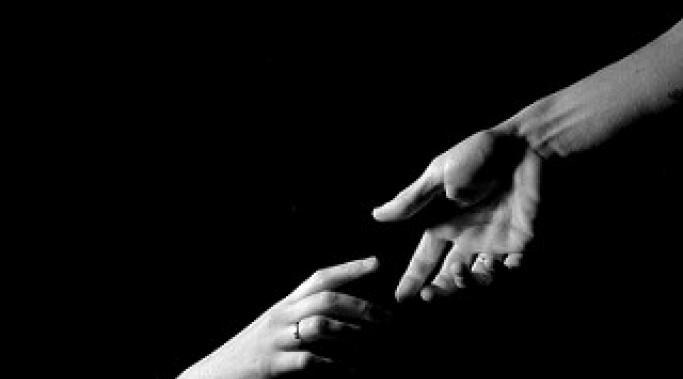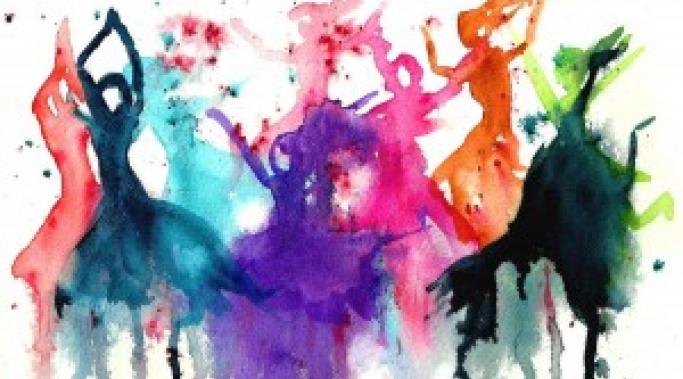Dissociative identity disorder (DID) is often misdiagnosed, but the right diagnosis is essential for anyone experiencing a mental illness. Treatment plans, therapeutic interventions, and psychiatric medication choices rely heavily on a person's diagnosis. But what happens when the diagnosis is wrong?
Dissociative Living
Forming relationships with alters in dissociative identity disorder (DID) isn't much different from forming social relationships. For example, we have close relationships and distant relationships, relationships built on open communication and relationships that seem to be closed off. Those same complexities exist in the relationships people with DID have with their alters.
Those of us with DID work diligently in forming relationships with our alters. Understanding these relationships can eventually lead to better self-understanding and self-awareness, and can make managing life with DID a little easier.
Accepting and learning to cope with the diagnosis of dissociative identity disorder is hard. For those that have received a diagnosis of dissociative identity disorder (DID), it can be a tumultuous process.
Many are unaware of what DID is until they receive the diagnosis. For those that are aware of DID, there is often an unwillingness to accept the diagnosis of this mental illness and everything that comes with it, which can delay the coping process. There are a few things you can do to make accepting and learning to cope with your DID diagnosis little easier and make the path of dissociative living a little less rocky.
Hello everyone. My name is Crystalie Matulewicz, and I’ve been chosen to be one of the writers for the Dissociative Living blog here at HealthyPlace.
I have recently earned my Bachelors of Arts in Psychology and will soon be pursuing my Masters in Mental Health Counseling. My two lifelong dreams have been to become a writer and to become a counselor, and now here I am getting so close to achieving both. My dissociative identity disorder diagnosis isn't holding me back.
This will be my final post for Dissociative Living as I will no longer be writing for HealthyPlace. I have enjoyed my time with this adventure of being a blogger, but it has now become too much for me to handle. I still struggle with many dissociative identity disorder (DID) symptoms, and lately they have been acting up. It is becoming harder for me to be reliable and committed to this blog.
Creating alters (alternate personalities) in dissociative identity disorder (DID) is a helpful way to deal with different personalities. I don't know exactly how to tell someone to create an alter, but it seems that when there is a need for one, it will come to be. One such time was with my little girl alter. Her name is Colette, and she is five years old. Colette taught me about creating alters with dissociative identity disorder.
In dissociative identity disorder (DID), communication between alters (alternate personalities) is the key to a person’s well-being. With DID, a person may have one or many alters, all working together to form the whole of who the person is. I have formed a couple of ways of working with my alters to create communication within dissociative identity disorder between alters.
Alters (alternate personalities) are something people with dissociative identity disorder (DID) may have. Alters are separate identities. Some of these alters may communicate with each other and some of them may not. When I was first diagnosed with DID, my alters did not communicate with each other at all. I was only aware of the current personality state that I was in. I wasn't aware of any other alters in my dissociative identity disorder.
Drug and alcohol addiction are very common. People who struggle with mental disorders may also face substance addiction in their lives. Personally, I tried using drugs to cope with my dissociative identity disorder (DID) and extreme feelings. The drugs numbed the pain and calmed my anxiety, for a while. What I didn't realize is that drug addiction can be just as painful as mental illness and that using drugs, eventually, makes mental illness much worse.
Dissociation is an anxiety symptom that is part of dissociative identity disorder (DID). Sometimes dissociation is not splitting between personalities, but only losing touch with reality for a time. Many people who suffer from DID also experience other mental illnesses, or mental illness symptoms. One that I have noticed is anxiety. Dissociation and anxiety symptoms sometimes causes my panic attacks.





